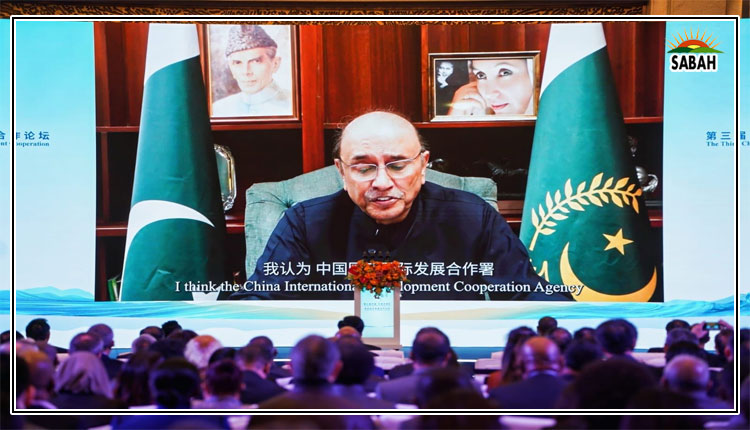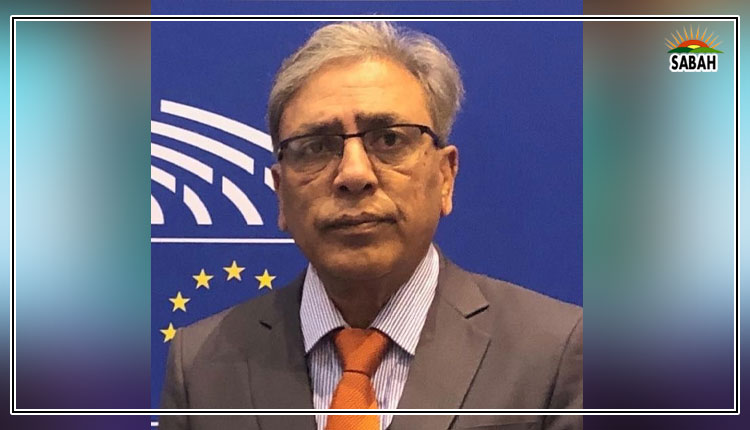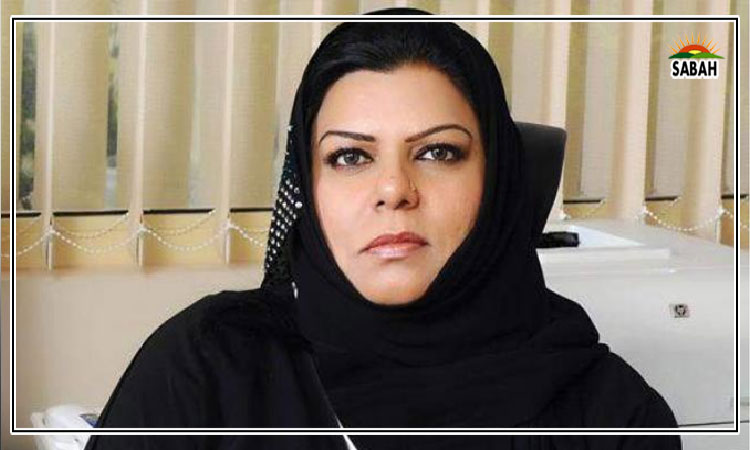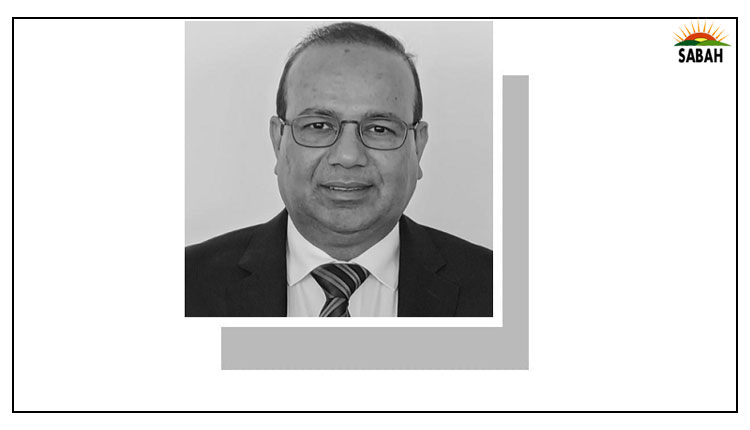Public-Private Partnership in healthcare a must to improve indicators, say experts
ISLAMABAD, Feb 09 (SABAH): Experts at a seminar stressed the need for strengthening Public-Private Partnership in healthcare to improve health indicators in the country, and called for creating awareness about the health facilities available in the form of universal health coverage so that a maximum number of people can benefit out of it.
The seminar titled: ‘Role of Public-Private Partnership in Healthcare in Pakistan’ was organized by Sustainable Development Policy Institute (SDPI) here.
Dr. Shazia Sobia Aslam Soomro, Parliamentary Secretary for Ministry of National Health Services Regulations & Coordination said that various public sector hospitals are running successfully and providing high quality services to people and private sector healthcare should not be allowed to grow at the expense of public system. Dr. Soomro said that social security initiatives must be executed and continued irrespective of changes in political regimes. She urged legislators to monitor the quality of public services in their constituencies and then try to address these issues at policy level. She also suggested increasing awareness to fight stereotypes and misinformation to address the trust deficit in public healthcare. She called for taking critical decisions to improve economic situation as service delivery is hindered by financial hurdles.
Prof. Dr. Mehr Taj Roghani, a Senator and Pediatrician by profession, said that universal health coverage should be ensured but cost should be revised considering the income level of the patients to make the initiative financially sustainable. She said that in public-private partnership, third party monitoring and evaluation should be introduced to prevent corruption, exploitation, and mismanagement. Emphasized on improving primary healthcare infrastructure to improve health indicators, she said that Pakistan remains polio-endemic countries along with war-stricken Afghanistan due to poor primary healthcare.
Dr. Quaid Saeed, Chief Executive of Islamabad Health Regulatory Authority, said that services quality in public healthcare is below average, which deters patients from preferring public healthcare. He highlighted that the poor quality of care also increases patients burden on tertiary hospitals as patients avoid going to primary and secondary healthcare facilities. He stressed the need for addressing patient’s trust deficit by improving services in primary and secondary public healthcare, enforcing strict regulations and curtailing quackery. He added that the government alone cannot address all issues by itself and must explore public-private partnerships. He called upon the government to streamline service delivery by implementing policies and engaging private sector in delivery and monitoring.
Dr. Tabinda Zaman, Public Health Specialist stressed on improving standards of public healthcare in accordance with the WHO guidelines and improving accessibility and coverage of services. She emphasized that only an effective public-private partnership can be ensured by forming a coalition of stakeholders and building strong legal foundation for the partnership. Instead of making new innovative models, we should rather focus on making the existing models more efficient, she said, adding that by increasing coverage of healthcare system alone, national health indicators will undergo a significant improvement.
Dr. Arif Azad, a Public Policy Expert and UNDP Consultant, stressing the need for a perspective change, said the government has to ensure the provision of facilities rather than focusing on delivering it solely through public institutions. He said that public-private partnership has demonstrated positive results in Khyber Pakhtunkhwa, however, he raised the concern that this model will strengthen the private sector at the expense of public sector, which is not sustainable in the long-term. He further stressed on strengthening primary healthcare and adopting bottom-up approach in improving public healthcare. He emphasized on vigilant monitoring to ensure compliance with government regulations in private healthcare to prevent exploitation of patients.
Dr. Razia Safdar, SDPI Advisor on Health, pointed out that the public health system in Pakistan is confronted with inadequate number of health professionals and does not meet the WHO guidelines. She informed the participants that the internationally recommended doctor-nurse ratio is 4:1 while in Pakistan it is 1:3. She said that the private sector dominates pharmaceuticals, testing services, teaching, and OPD.












